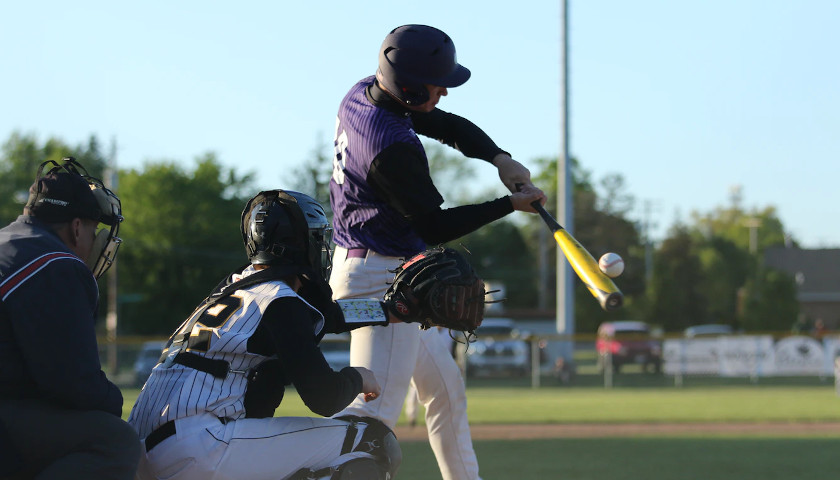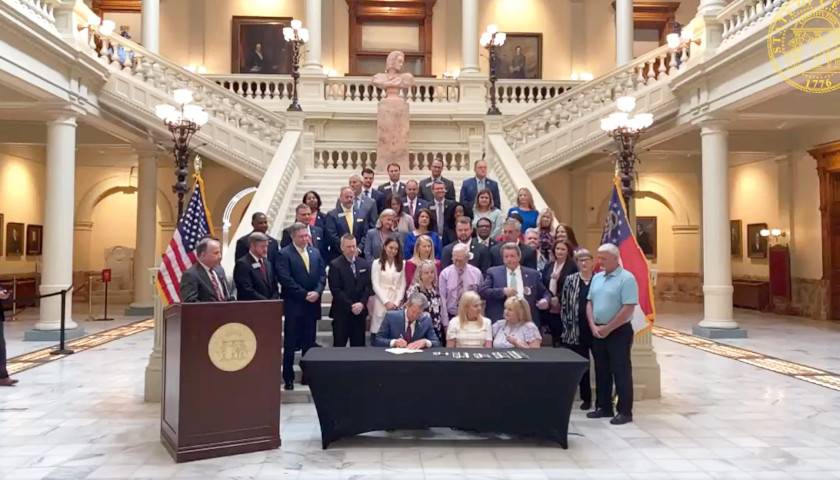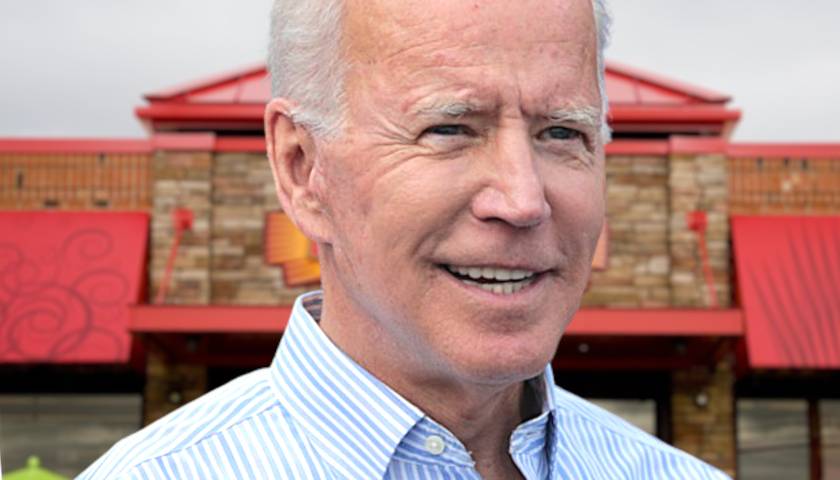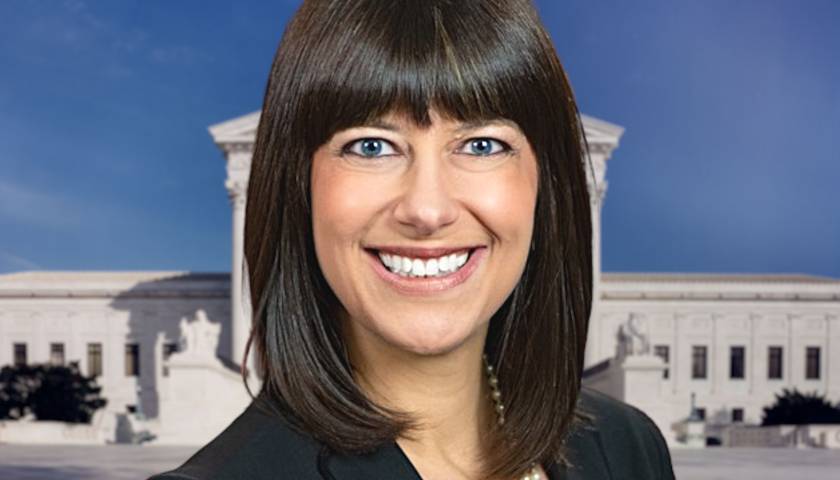Athletic programs and sporting events will be starting back up in the spring sports season– baseball, football, track and additional sports – with strict COVID-19 guidelines in place.
In mid-March, Governor Brian Kemp signed an executive order closing all schools for the 2019-2020 school year. The Georgia High School Association (GHSA) published a statement, made by Kemp, postponing the State Literary competitions, which includes extracurricular activities like speech, debate, and theatre.
In addition to the suspension of in-person learning in schools, athletic programs, and other competitive events, Kemp’s order – originally set to end at the end of March 2020 – was extended through the end of the 2019-2020 school year. Students’ prom, senior nights, and award ceremonies were cancelled as well.
The GHSA published a statement on March 12 from comments, made by Executive Director of the GHSA Dr. Robin Hines about the final decisions to proceed with sports. Hines stated it was up to the local school systems but encouraged to follow guidelines made by the GHSA.
By June of 2020, the GHSA released recommendations to open conditioning – which is exercise training to enhance physical performance – for member schools, with restrictions in place, stating, “There has never been a time more critical time for athletic departments, school administration, and system level administrators to work together.”
With 2021 Around the Corner, All States Expected to be Playing High School Sports
State associations are working with leaders on a safe return date, so very soon we believe high school sports and activities will be happening across all 50 states.https://t.co/YOrvY0h5NI pic.twitter.com/Xe4BByZDUK— NFHS (@NFHS_Org) December 16, 2020
Last week, the association said they are going to “allow local districts to make their own decisions;” adding in a statement released Tuesday that “there will always be risks associated with return to play and that usually COVID-19 has a 3-5-day incubation period.”
The Department of Public Health issued an Infectious Disease Plan Tuesday that includes guidelines for quarantining, testing, and actions to take in case of exposure to the virus:
Symptomatic persons with confirmed cases may return to practice/play after:
– At least 10 days have passed since symptoms first appeared AND
– At least 24 hours have passed since last fever without the use of fever reducing medication AND
– Symptoms (e.g., cough, shortness of breath) have improved
Asymptomatic persons with confirmed COVID-19 can return to practice/play after:
– At least 10 days have passed since the positive laboratory test and the person remains asymptomatic
– If an asymptomatic person who tests positive and later develops symptoms should follow the symptomatic guidelines
The safest, recommended option is a 14-day quarantine but an athlete may return to practice if the following criteria is met:
Asymptomatic persons who have a known exposure to a person with COVID-19 can return to practice/play:
After 7 full days have passed, if:
– TESTED for COVID-19 after day 5 (PCR/Molecular or antigen test) AND
– Receive a negative result AND
– Do not experience any COVID-19 symptoms during the quarantine period
With this strategy, the residual post-quarantine transmission risk is estimated to be about 5% with an upper limit of about 12%.
After 10 full days have passed, if:
– Not tested for COVID-19 AND
– Do not experience any COVID-19 symptoms during the quarantine period
With this strategy, residual post-quarantine transmission risk is estimated to be about 1% with an upper limit of about 10%.
There are sporting events scheduled for December 2020-January 2021, published by GHSA’s recent newsletter. It outlined a December schedule of sporting events, and included information to watch some of the events by using streaming services.
Let’s never forget the value of high school sports and performing arts. The competition! The rivalries! The friendships formed! The lessons learned! Our world is a more fulfilling place, thanks to high school sports and performing arts. #MyReasonWhy https://t.co/LxY19TB54x
— GHSA (@OfficialGHSA) December 16, 2020
– – –
Tiffany Morgan is a reporter at The Georgia Star News and the Star News Network. Email tips to [email protected]






